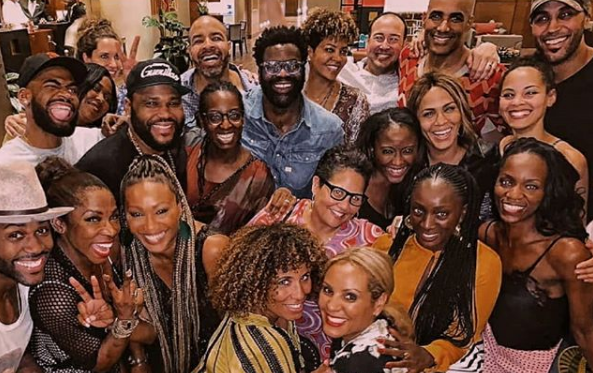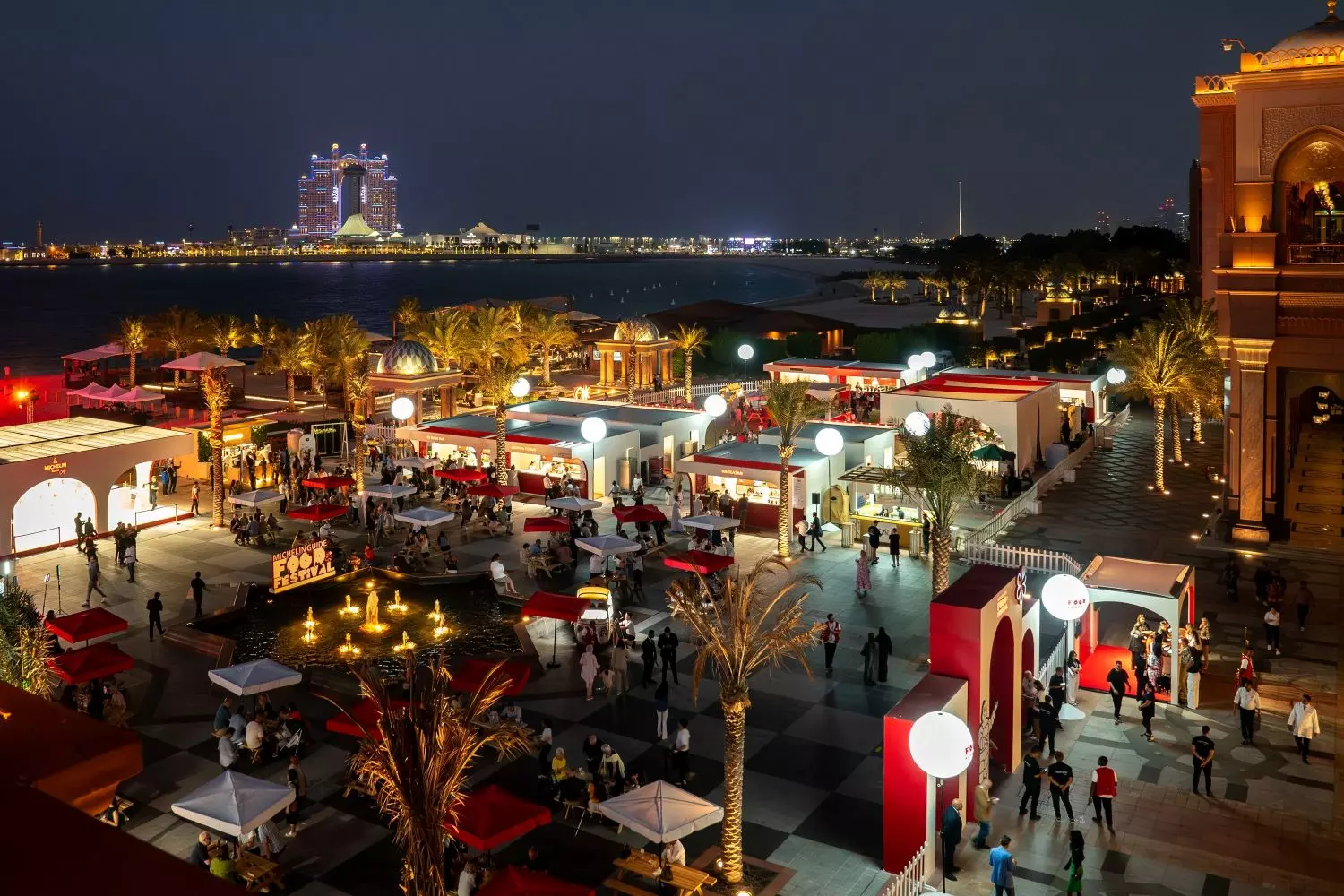Copyright modernghana

Launched by the government of Ghana (President Nana Akufo Addo) in September 2018, the “Year of Return” (YOR2019) was timed to mark 400 years since the first recorded arrival of enslaved Africans in Virginia, USA. The campaign targeted the African diaspora, especially African Americans and people of African descent, encouraging them to visit Ghana, reconnect with roots, invest, and in some cases settle. For example: Ghana reported an extra 200,000 international arrivals in 2019 linked to the campaign and about US$1.9 billion revenue from the tourism boost. How foreigners (diaspora & other international visitors) enjoy Ghana under YOR Highlights for foreigners:The thematic narrative of “coming home” is powerful: many in the diaspora view Ghana not just as a tourist destination but as a symbolic ancestral homeland. This emotional dimension gives foreigners a distinct form of enjoyment and meaning. For many visitors, the experience is novel, celebratory, high-profile: visits to historical sites like Cape Coast Castle, fashionable events, parties, concerts and meeting others from the diaspora create excitement and a sense of special occasion. Some foreigners and returnees have taken steps to invest, buy property, and start businesses in Ghana therefore enjoying not just short-term tourism but longer-term stay or lifestyle change. The infrastructure and services catering to them (tourism industry, heritage routes, and special events) are often tailored to foreigners with higher spending capacity. For example, the rise of beach clubs, nightlife, luxury accommodations. In short: For many foreigners, the Year of Return offers an enriched experience heritage-tourism, novelty, comfort, celebration, identity. How Ghanaian citizens experience YORBenefits and enjoyment: Economically, the inflow of visitors brings revenue, stimulates tourism-related businesses, hospitality, cultural artifacts, and local enterprises. Ghanaian vendors, artisans, tour-guides benefit from heightened interest. The initiative raises Ghana’s international visibility and can engender national pride: being a focal destination for the diaspora, heritage tourism, the “homecoming” narrative adds to a sense of Ghana being globally relevant. In cultural terms, Ghanaian citizens may enjoy the influx of people who are eager to engage with Ghanaian culture, purchase local crafts, participate in heritage tours, and so forth potentially generating more cultural exchange. Challenges / caveats for local citizens: Some local Ghanaians feel that the benefits are uneven. For instance, the cost of living and service prices in some areas reportedly surged with tourism demand, and locals sometimes feel priced out of their own spaces. “The restaurants are charging according to the pockets of the foreigners. … The shops are targeting the expatriates because they have the financial wherewithal, and that is driving the locals away.” There is a sense among some citizens that the narrative is heavily oriented toward outsiders (diaspora/foreigners) rather than improving conditions for everyday Ghanaians. Some local commentary sees YOR as good for visitors but less so for systemic local improvements. Not all regions or citizens benefit equally; much of the tourism and “returnee” economy is concentrated in major cities (e.g., Accra) or popular heritage sites, meaning some locals in rural or peripheral areas may see minimal spill-over. Comparing: Who benefits or “enjoys” more? Foreigners arguably enjoy more, in certain dimensions: Novelty & symbolic value: For diaspora visitors, the emotional “homecoming” factor is intense and unique, giving them an experience that local citizens don’t get in the same way. Spending power & tailored services: Foreign visitors often have higher disposable income (in terms of local currency) and can access premium experiences which may be costlier for locals. Media/celebrity attention: Foreign visitors (especially diaspora-celebrities) have had significant mentions and visibility under YOR, which adds to the “experience”. Ghanaian citizens enjoy benefits but perhaps with caveats: Many local citizens do gain economically and culturally, but the enjoyment is somewhat contingent and uneven. For some Ghanaians, the increased cost of services, competition for property, and “outsiders first” pricing causes resentment or diminished enjoyment. For locals, enjoyment also depends on how much they participate in the tourism economy and whether they capture benefits. If you’re a vendor, tour-guide, or business in Accra you might enjoy it; if you’re a rural farmer or worker far from the tourist routes, you might not feel much difference. So: if you define “enjoyment” purely as novel, special, high-impact experience, foreigners might edge ahead. If you define enjoyment as broad-based benefit and sustained improvement of life quality, then the picture is mixed and may favor neither group definitively without further data. Reflections & implications There is a risk of inequality: As one commentator put it, “people think Black Americans, because we have dollars, can come and make housing prices rise, food rise.” This means local citizens may feel less enjoyment if benefits are overshadowed by rising costs. Policy challenge: For maximum positive impact, the government and stakeholders need to ensure that local citizens share in the gains via infrastructure, jobs, community tourism, and not just high-end visitor experiences. Sustainability: Enjoyment for foreigners may be strong in peak years or in holiday events, but if the local economy doesn’t embed the benefits (training, locally-owned businesses, authentic cultural participation), the long-term enjoyment for Ghanaians may be lower. Cultural meaning vs. economic meaning: For foreigners the ‘heritage’ aspect is huge; for citizens, the enjoyment may hinge more on economic uplift and quality of life improvements. The mismatch of motivations can lead to friction or uneven experiences. ConclusionIn short: the “Year of Return” initiative was very successful in creating a distinctive, high-value experience for foreigners (especially diaspora visitors) in terms of novelty, heritage reconnection, and service-rich tourism. Local Ghanaian citizens certainly benefit and enjoy many aspects, but their enjoyment is more conditional, varies by location and livelihood, and is sometimes complicated by price increases or feeling that the initiative is more for others than for them. If forced to pick: foreigners likely “enjoyed” the Year of Return more intensely (especially in terms of unique meaning and luxury tourism) while citizens may have had a broader but less dramatic enjoyment with important caveats. Mustapha Bature SallamaMedical/Science communicator ,Private Investigator, Criminal Investigation and Intelligence Analysis, International Conflict management and Peace Building. Alumni Gandhi-King Global Academy, United State Institute of Peace Building USIP



